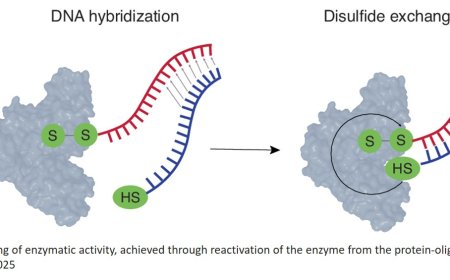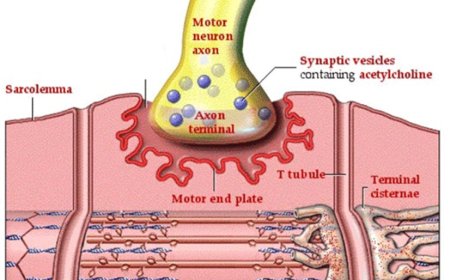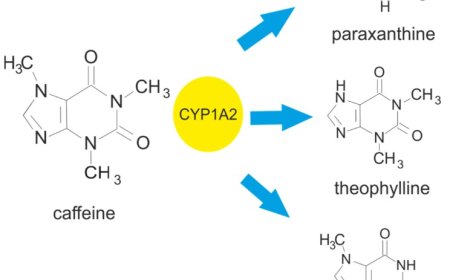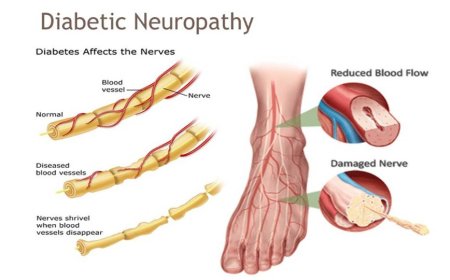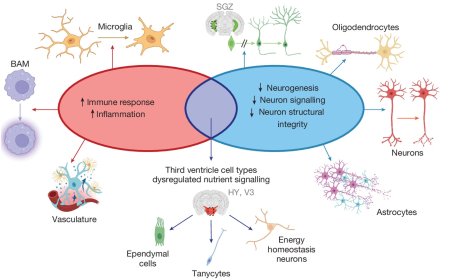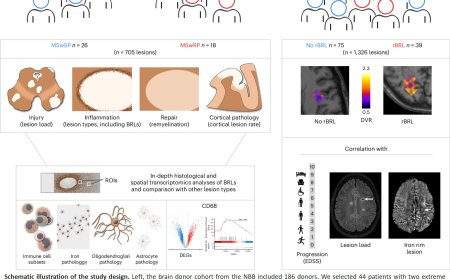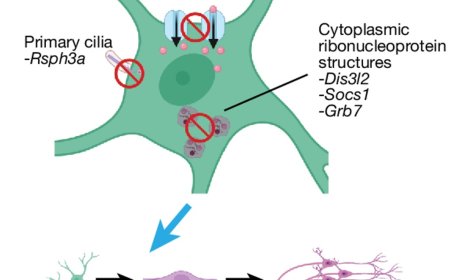A gut-brain link that may affect behavior in children with autism

A new study suggests that gut imbalances in children with autism may create an imbalance of metabolites in the digestive system — ultimately disrupting neurotransmitter production and influencing behavioral symptoms.
The research, published in Nature Communications, adds to a growing body of science implicating the “gut-brain” axis in autism. The discovery raises the possibility of new treatment avenues.
“We demonstrated that gut metabolites impact the brain, and the brain, in turn, affects behavior. Essentially, the brain acts as the intermediary between gut health and autism-related behaviors,” said the first author. “Previous studies highlighted differences in gut microbiomes and brain structures in autism, but our research connects the dots.”
The gut-brain connection is not as far-fetched as it might seem. From an evolutionary perspective, the gut was likely the first “brain,” explained the senior author.
In fact, most of the neurons from the gut send signals to the brain; there are actually more neurons in the gut than in the spinal cord. About 90% of the neural signals between the gut and brain travel from the gut to the brain, while only 10% go in the opposite direction.
This constant communication explains why we talk about “gut instinct” or “feeling it in your gut.” Many emotions are processed through gut-related mechanisms, a concept known as interoception — the perception of internal bodily sensations.
For the study, researchers collected behavioral data, brain imaging data and stool samples from 43 children with autism and 41 neurotypical children aged 8-17. From the stool samples, they analyzed metabolites produced by gut bacteria that break down food in the digestive system.
The researchers then correlated these metabolites with brain differences observed in children with autism and their behavioral characteristics. They homed in on the “tryptophan pathway” by which tryptophan, an amino acid found in many foods, is broken down into several metabolites, including serotonin.
Serotonin is crucial for emotional processing, social interaction, learning and other brain functions. Since much of the body’s serotonin originates in the gut microbiome, changes in gut health can influence serotonin production.
“We know that children with autism have brain differences — certain parts of their brain are either less active or more active compared to typically developing children,” the author said. “We also know they often experience gastrointestinal issues, such as constipation, stomach pain and other digestive problems. Additionally, autism is associated with various symptoms, including repetitive behaviors and social difficulties.”
https://www.nature.com/articles/s41467-025-58459-1
https://sciencemission.com/brain-activity,-tryptophan-related-gut-metabolites,-and-autism
